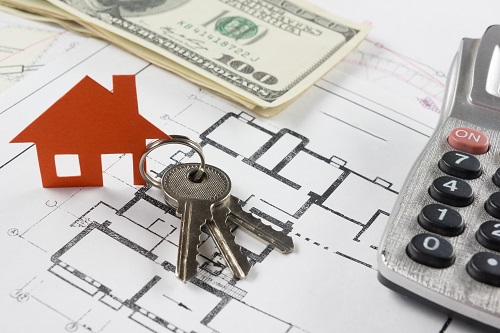The required knowledge
 Prior to renting a property in Japan, it is necessary to undertake various preparations. Below is an explanation of the documents and other items that are required in order to complete a rental application.
Prior to renting a property in Japan, it is necessary to undertake various preparations. Below is an explanation of the documents and other items that are required in order to complete a rental application.
Necessary Documents and Preparations for Renting a Property
Required Documentation
◆ The following are required in order to begin the application process
1)Japanese Identification Card (Zairyuu Card)
2)Proof of Identification (Passport, etc.)
3)Revenue Certificate
4)Proof of Employment/Proof of School Enrollment
◆ The following are required at the time of signing:
1)Proof of Identification (Passport, etc.)
2)Personal Seal / Seal Registration Card
3)Proof of Residence (Juuminhyou)
4)Required Up-front fees (Typically Security Deposit, Key Money, and Brokerage Fee)
Approximate Breakdown of Initial Fees
Deposit
・・・
Typically 1-3 Month's Rent
Key Money
・・・
Typically 1-2 Month's Rent
Up Front Rent
・・・
Typically First and Second Month's Rent
Guarantor Fee
・・・
Typically Equal to 50-100% of 1 Month's Rent
Brokerage Fee ・・・
Equivalent to 1 Month's Rent and Taxes
Property Insurance ・・・
Approximately ¥20,000 (For 1LDKs)
Key Exchange Fee ・・・
Approximately ¥20,000 (For 1LDKs)
Japanese Rental Rules to Know Before Inquiring About Apartments
1)Japan has a custom known as "key-money".
In Japan, there is an implicit tradition known as "key-money", which is the custom of making a one time payment to the landlord of an apartment upon move-in. Though this practice varies depending on the region of Japan, it is an old custom. In the Tokyo metropolitan area, paying an amount equal to 1~2 months rent is typical, though in recent years "Zero Key-money" properties have been increasing.
2)Because your security deposit is offset by the cost to restore the property to its original condition, it is possible that you will not receive a complete refund when you move out!
Security deposits in Japan act as a sort of "guarantee fee" paid at the time that you sign the contract. This money is generally refunded when you move out of the property. However, in Japan, apartment rentals come with a standard contract clause called "Property Restorations". As a rule, when you move out of the apartment, the property will be returned back to the condition it was in before you moved in. Please understand that repair costs such as holes in walls from thumbtacks or nails, scratches in flooring, etc, as well as the cleaning cost for the room will be deducted from the security deposit and will not be refunded.
3)Common area maintainance fees and administrative fees are not included in rent.
Overseas, it is typically the case that extra fees such as building/common area maintenance fees and administrative fees are included as part of rent. In Japan, however, there are often extra required fees that are not included as part of the base rent amount. These funds are devoted to the maintenance of the building's entrance, lounge, etc. When deciding your rental budget, you should check with us to see whether or not any additional separate administrative or communal fees are required.
4)Japan has "Renewal Fees"
In Japan, a "renewal fee" is necessary when renewing your leasing contract. The renewal fee is generally an amount equivalent to one month's rent. Since the standard rental contract length is two years, should you remain in the apartment for longer than that period, you would be responsible for the paying the renewal fee should you wish to extend your contract.










